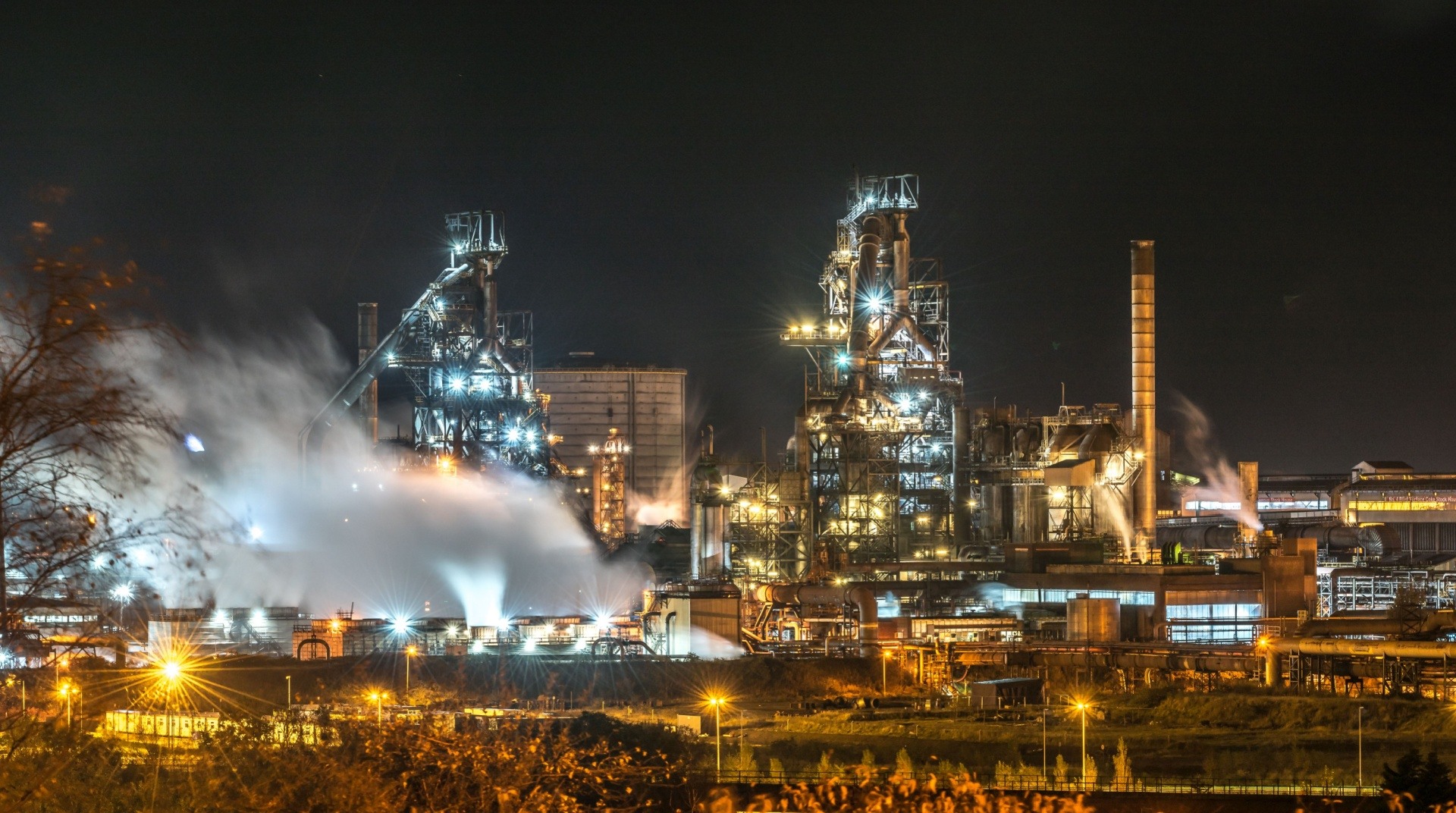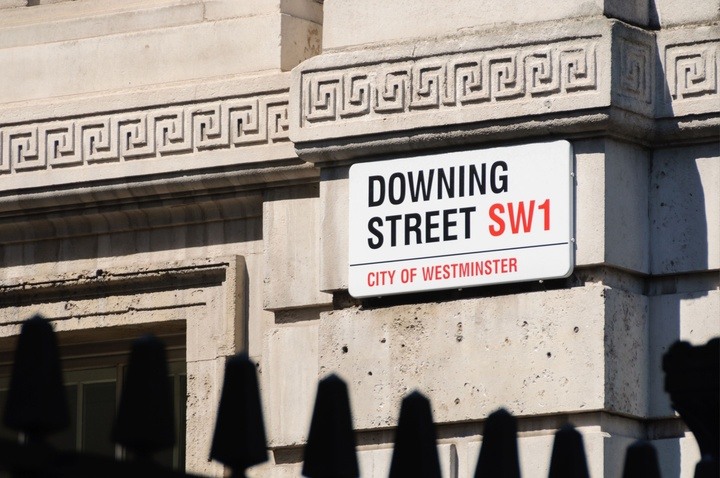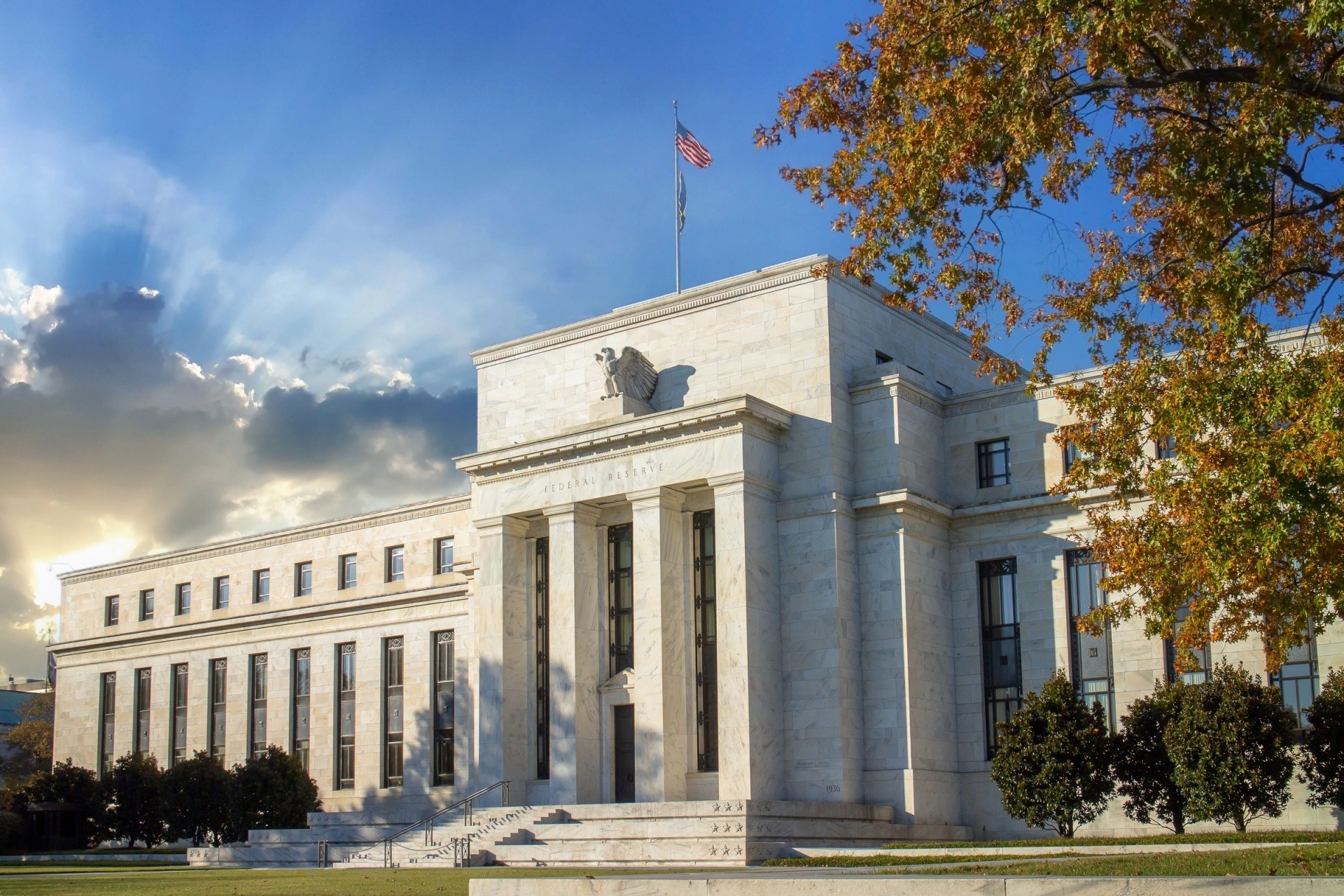Weekly Briefing: UK Housing Market Returns to Pre-Pandemic Levels, UK Inflation Eases, Nvidia becomes Wall Street's Largest Company & UK Oil and Gas Production Outlook
This week, we delve into topics such as the easing of UK inflation down to the Bank of England target rate, Nvidia's rise to the top of the tech world, the outlook for UK oil and gas production amidst significant investment opportunities and more.
UK Housing Market
UK Housing Market Returns to Pre-Pandemic Size
- According to Savills, the UK housing market has contracted by 21% in the year to March 2024, largely due to lower levels of market activity. This has taken the total market value back to pre-pandemic levels of £342bn.
- Despite 15% fewer transactions compared to March 2020, higher average sale prices (up 17%) seem to have balanced the market.
- Mortgage debt used for home purchases fell by £20.7bn (13%), while equity usage increased by 11%, driven by a 19% rise in spending from cash buyers. Cash buyers now account for over 42% of the total spend on house purchases.
Source: Savills with data from HMRC, ONS, BoE and HMLR
- Source: Savills using data from HMRC, ONS, BoE and HMLR
Interest rate cuts, which could potentially follow now that rates have dropped to the Bank of England's target, are expected to widen the buyer pool and boost market activity over the next 12 months. - Lucian Cook, head of UK residential research at Savills, notes, “The market will return to growth as rates fall, despite owners facing higher housing costs as fixed rates end.”
UK Inflation
UK Inflation Meets the Bank of England’s Target
- The UK’s consumer prices index (CPI) inflation has dropped to 2% for the year to May, the slowest pace since July 2021, as per the ONS.
- Falling food inflation contributed significantly to this decrease, while fuel inflation saw a slight rise.
- Officials added that core inflation, which excludes food and energy, dropped to 3.5%, in line with most analyst expectations.
- Analysts believe that The Bank of England (BoE) is likely to hold interest rates at 5.25%, with a potential rate cut expected in September rather than August. Their latest decision is due on Thursday 19th.
- Martin Sartorius from the Confederation of British Industry commented, “Today’s data sets the stage for the [Bank’s] Monetary Policy Committee to cut interest rates in August. However, rate-setters will still need to weigh the fall in headline inflation against signs that domestic price pressures, such as elevated pay growth, are proving slower to come down”
Global Tech Industry
Nvidia Surpasses Microsoft as World's Most Valuable Public Company
- Nvidia has become the world’s most valuable public company, slightly surpassing Microsoft, driven by a 3% rise in its shares and an over 200% increase in the last year alone. In comparison, Microsoft’s shares rose just 19% in the last year to date.
- Nvidia’s stock market capitalisation currently sits at just over $3.3Trillion, up from around $2Trillion in February.
- The chipmaker has seen its stock surge largely due to its leading position in the booming AI processor market, currently holding 80% of the total market share, which Intel and AMD follow behind.
- Nvidia’s processors are in high demand, outpacing supply as other tech giants like Microsoft, Meta, and Google invest heavily in AI capabilities.
- The company announced a 10:1 stock split theoretically making shares more accessible to individual investors. This action was completed after market close on June 7th.
- “Retail investors are the real winners here,” noted Sam North from eToro, attributing the most recent surge to the stock split.
UK Energy Sector
UK Oil and Gas Production Potentially Increasing by 30%
- The UK could boost its oil and gas production by almost 30% by 2030 if £20 billion in new investments is secured, according to Offshore Energies UK (OEUK).
- The current daily production sits at 1.2 million barrels of oil equivalent. It is projected to decline to 0.7 million barrels by 2030 if no new investment is secured, however, securing all current investment opportunities could stabilise output at 0.9 million barrels per day.
- “About 60% of the resources yet to be approved could be produced in the next 10 years,” OEUK said. “Around half of the remaining resources are in fields that are already producing, with the others in new fields.”
- OEUK calls for the removal of the windfall tax before 2029 and ongoing licensing subject to climate compatibility checkpoints to unlock this potential.
- This important industry, which plays a vital role in Britain's self-sufficiency, supports around 120,000 jobs, vital for the UK's offshore energy sector which includes fossil fuels, wind, carbon capture, and hydrogen.
Final Note
This week's briefing highlights an influential period for the UK economy and global tech industry.
The easing of inflation suggests a stabilising economic environment, especially with increased hopes of rate cuts.
Whilst, Nvidia’s rise underscores the accelerating pace of the AI revolution, positioning it as a leader in the tech sector.
Meanwhile, the UK’s energy future hinges on strategic investments and policy decisions, emphasising the need for a balanced approach to sustainable growth.
These developments signal a positive trajectory for the UK economic landscape as we approach Q3 of 2024, offering numerous opportunities for growth and innovation for UK businesses and investors alike.
At GCV, we remain committed to providing the latest insights into the investment and wider economic landscape in order to support investors in making well-informed decisions when choosing where to allocate their capital.
If you would like to find out more about a number of tax-efficient investment strategies available to UK investors, discover our range of downloadable resources here.
%20(3)%20(2).jpg)








